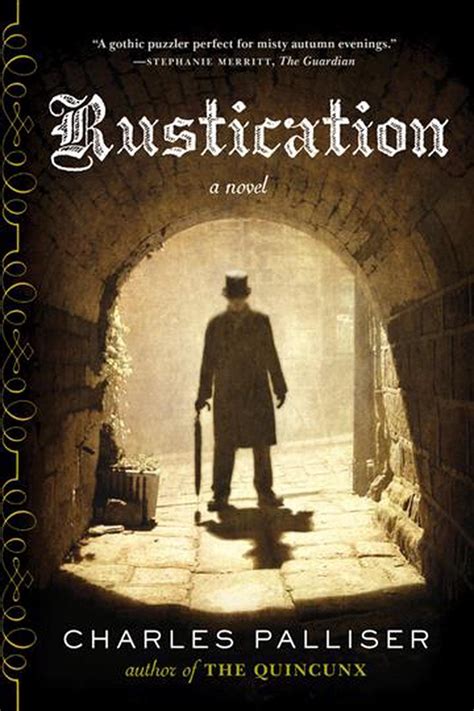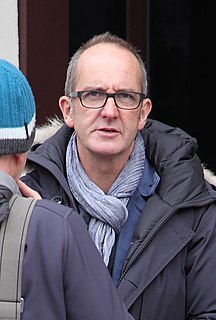A Quote by Jane Jacobs
The Victorian house and lots of other buildings weren't oppressive in themselves. They were often very airy and gingerbready and fancy. But they were associated with all this [Victorian] stuffiness.
Quote Topics
Related Quotes
Modernism really started with people getting infatuated with the idea of "it's the twentieth century, is this suitable for the twentieth century." This happened before the First World War and it wasn't just the soldiers. You can see it happening if you read the Bloomsbury biographies. It was a reaction to a great extent against Victorianism. There was so much that was repressive and stuffy. Victorian buildings were associated with it, and they were regarded as very ugly. Even when they weren't ugly, people made them ugly. They were painted hideously.
Period films to me are very often alienating to the audience. There's very often a formality. A staunchy quality to them that comes from the misenscene. It also comes from the performances of the actors, because they're acting Victorian which really means that they're just acting the way they've seen previous actors act Victorian.
I was brought up by a Victorian Grandmother. We were taught to work jolly hard. We were taught to prove yourself; we were taught self reliance; we were taught to live within our income. You were taught that cleanliness is next to Godliness. You were taught self respect. You were taught always to give a hand to your neighbour. You were taught tremendous pride in your country. All of these things are Victorian values. They are also perennial values. You don't hear so much about these things these days, but they were good values and they led to tremendous improvements in the standard of living.
I'm completely uninterested in the origins of Stonehenge. I don't care about the real story behind it or whether it should be saved or not. What I'm interested in is this: in the Victorian era, you could go there as an early cultural tourist and you were given a chisel to chip off a bit of the stones and take it with you. That's what you did in Victorian times.
You've probably heard about the theory of steam-engine time - that even after the steam engine had been invented, it had to wait until people were ready to make use of it. The same thing happens in literary circles. The truth is, I'm not terribly interested in Victorian times; I'm interested in Victorian writers. I'm interested in most eras of history, but not the Victorian Era especially. I was interested in the John Franklin Expedition. I was interested in these last five weird years of Dickens' life. And I just have to take the age that comes with all that when I write about it.
Some ministers are fond of talking about a return to Victorian values. We must realise that those Victorian values are being expressed by some of the younger people in this society in shameful and disturbing disregard for other members of their generation who are not as fortunate as they are in having a job.




































